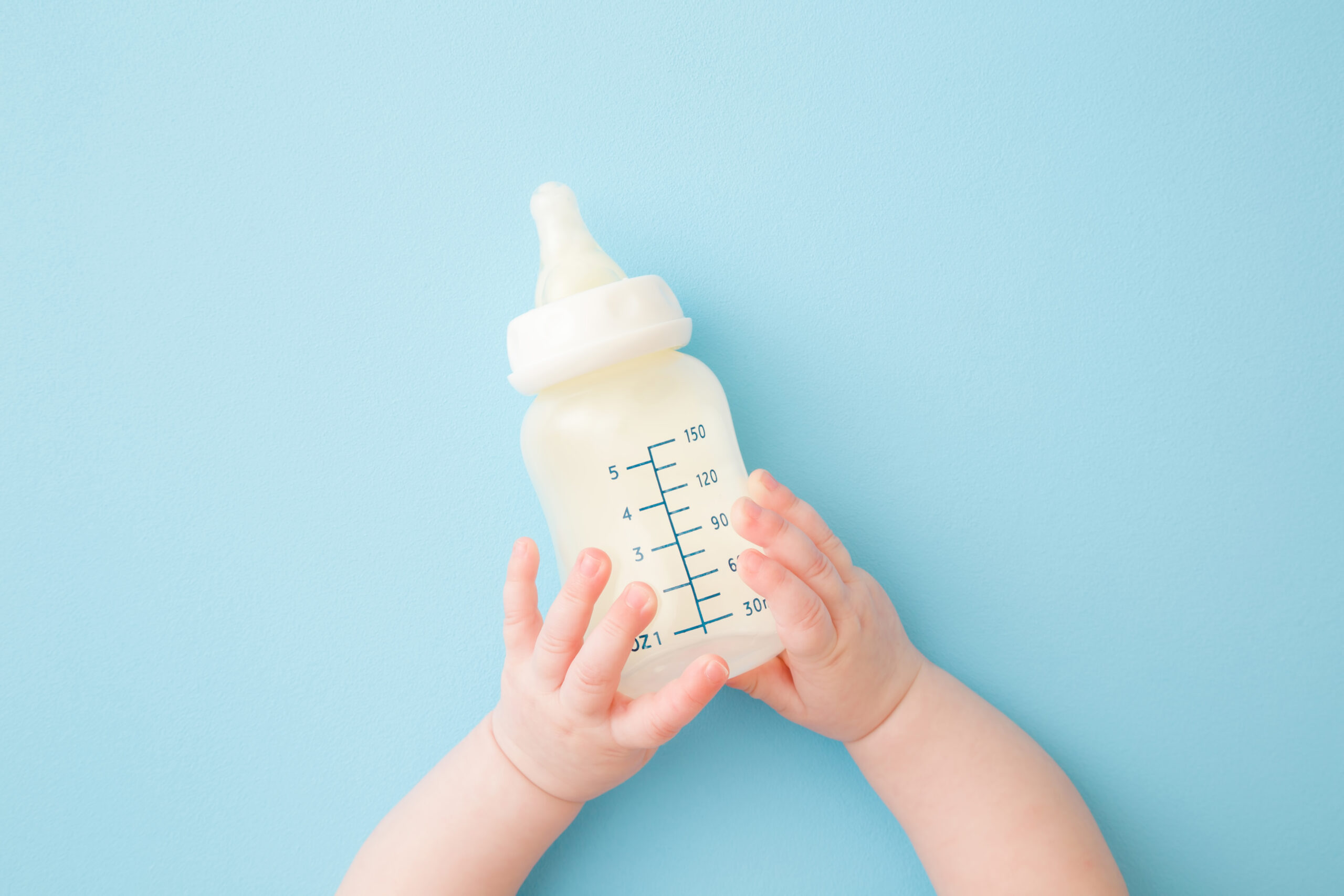
Legal action is intensifying against some of the largest infant formula manufacturers in the U.S., as families file lawsuits alleging that certain baby formulas caused premature infants to develop necrotizing enterocolitis (NEC)—a serious and potentially fatal intestinal condition. These baby formula NEC lawsuits are rapidly gaining traction as more families come forward and legal teams investigate the widespread impact of the issue.
This emerging wave of litigation is already being consolidated into multidistrict litigation (MDL), with claims focused on well-known brands like Enfamil (Mead Johnson) and Similac (Abbott Laboratories). Plaintiffs argue that these companies failed to warn parents and healthcare providers about the increased risk of NEC when their cow’s milk-based formulas are given to premature babies.
Necrotizing enterocolitis is a gastrointestinal disease that primarily affects premature infants. It causes inflammation and, in severe cases, can lead to the destruction of the intestinal wall. NEC can lead to lifelong complications or even death. Studies dating back decades have suggested a link between cow’s milk-based formula and NEC in preterm infants, especially when compared to human breast milk or donor milk alternatives.
Despite these risks, plaintiffs in the necrotizing enterocolitis lawsuits allege that manufacturers marketed their products for use in neonatal intensive care units (NICUs) without adequate warnings, leaving parents and medical professionals unaware of the potential dangers.
The current legal claims are being brought by families whose premature babies developed NEC after being fed Enfamil or Similac products. Plaintiffs in these baby formula NEC lawsuits may include:
Many of these cases involve infants who were given these formulas in neonatal intensive care units (NICUs), raising concerns about informed consent, medical guidance, and labeling practices. These are not only product liability claims—they reflect the need for corporate accountability when it comes to the care of the most vulnerable.
Hundreds of baby formula NEC lawsuits have already been consolidated in federal court, allowing for streamlined discovery, expert testimony, and early bellwether trials. Legal experts anticipate that these trials could result in significant verdicts or settlements that will shape future litigation strategies.
As the infant formula class action grows, trial lawyers are closely watching how this litigation could reshape standards for medical product marketing and pediatric care transparency.
The premature baby formula lawsuits highlight the urgent need for transparency in healthcare marketing and corporate accountability in pediatric care. These cases aren’t just about product safety—they’re about protecting vulnerable infants and ensuring parents are given the information they need to make safe choices.
For legal professionals, staying informed on the evolving landscape of the infant formula class action is critical. This growing area of litigation offers opportunities to support families, expand your practice, and contribute to shaping stronger standards for medical product disclosures and liability.
To connect with attorneys handling NEC litigation or explore referral partnerships, visit The National Trial Lawyers directory. Whether you're a parent seeking answers or an attorney ready to take action, this is a moment to pursue justice—and prevent future harm.
